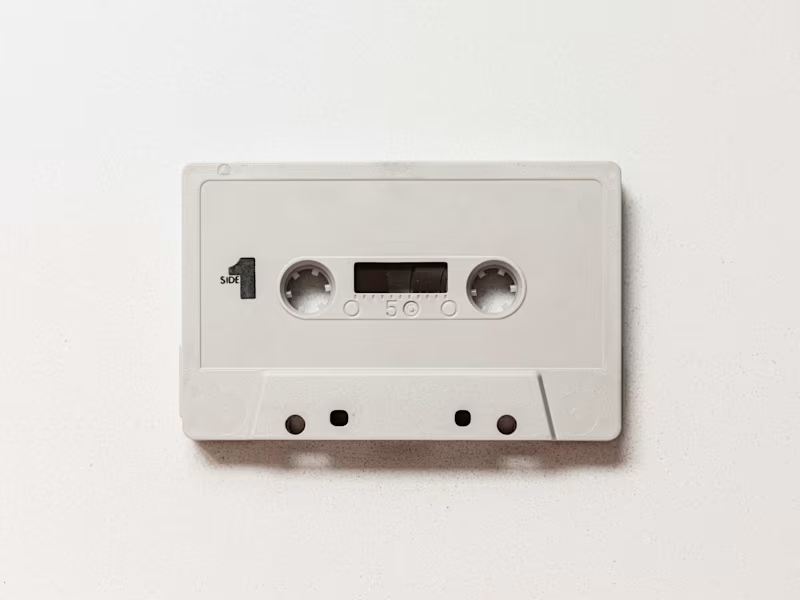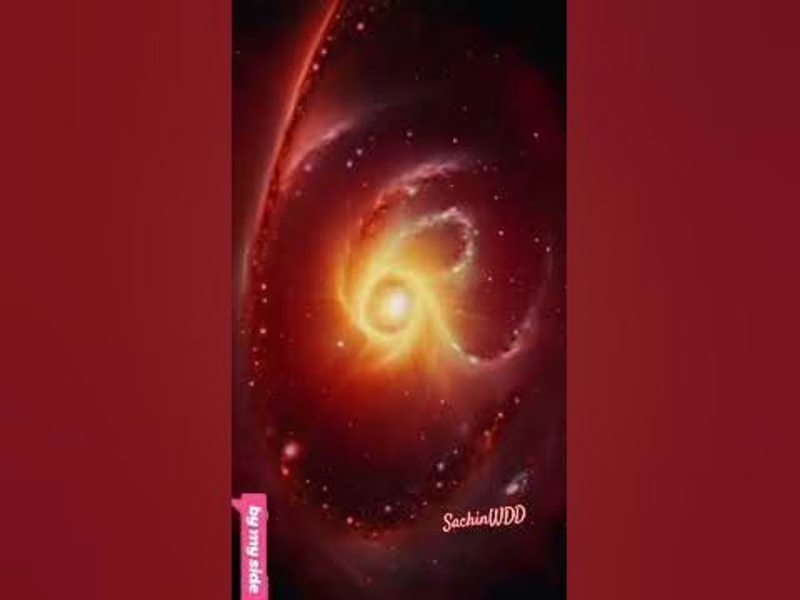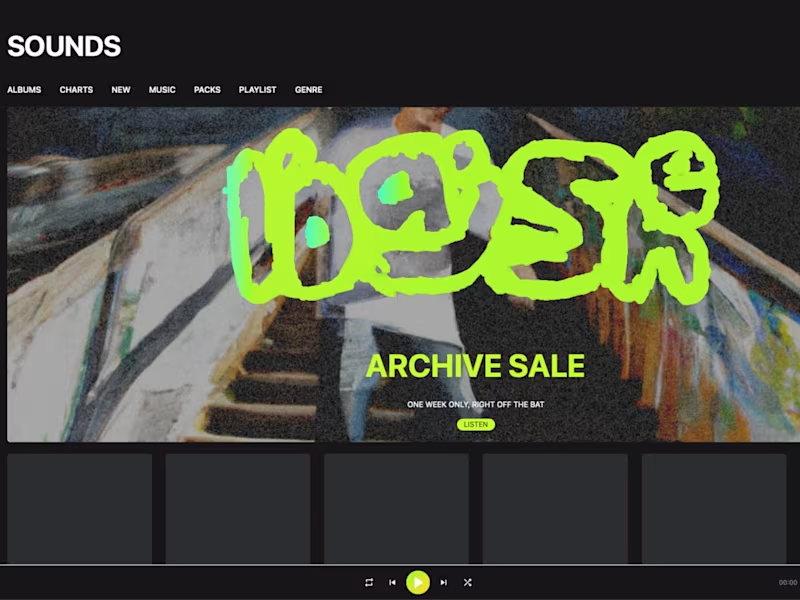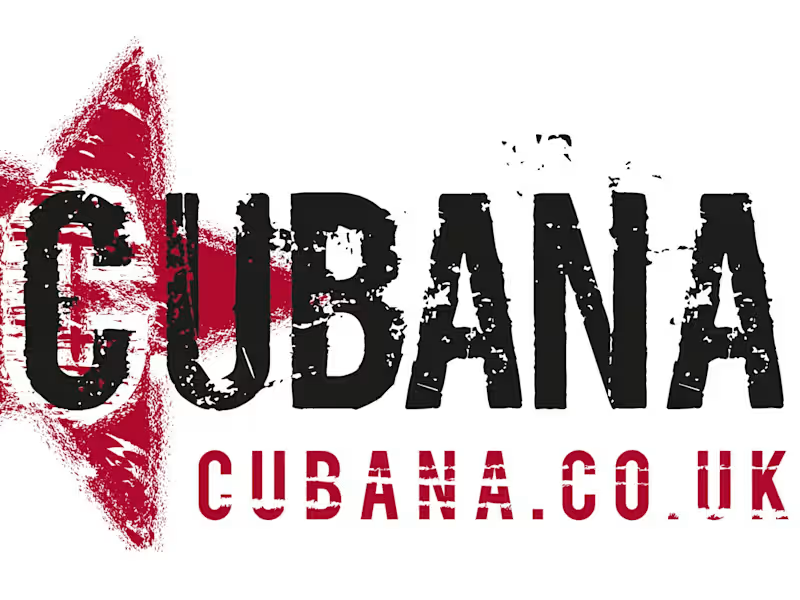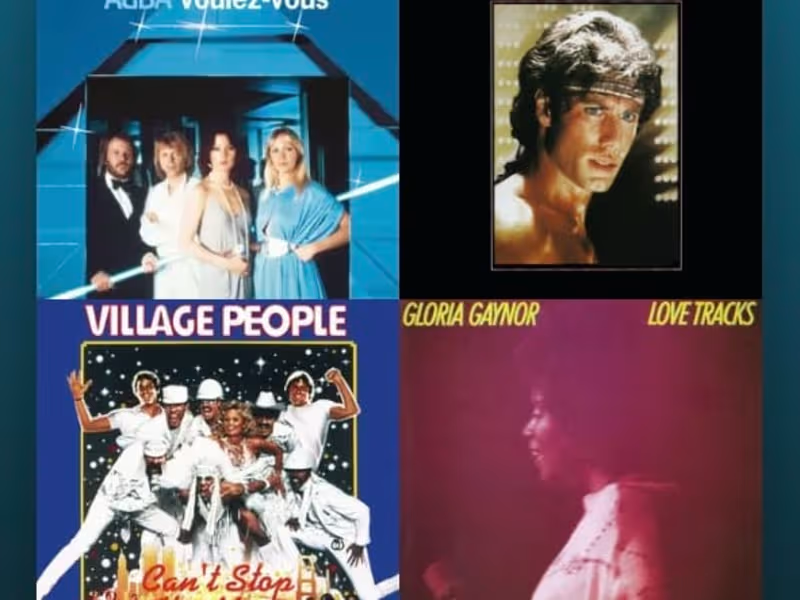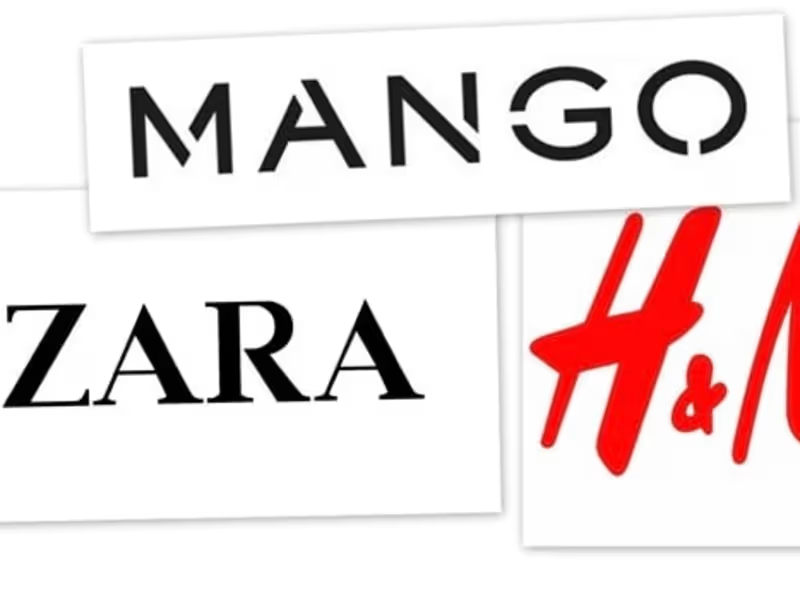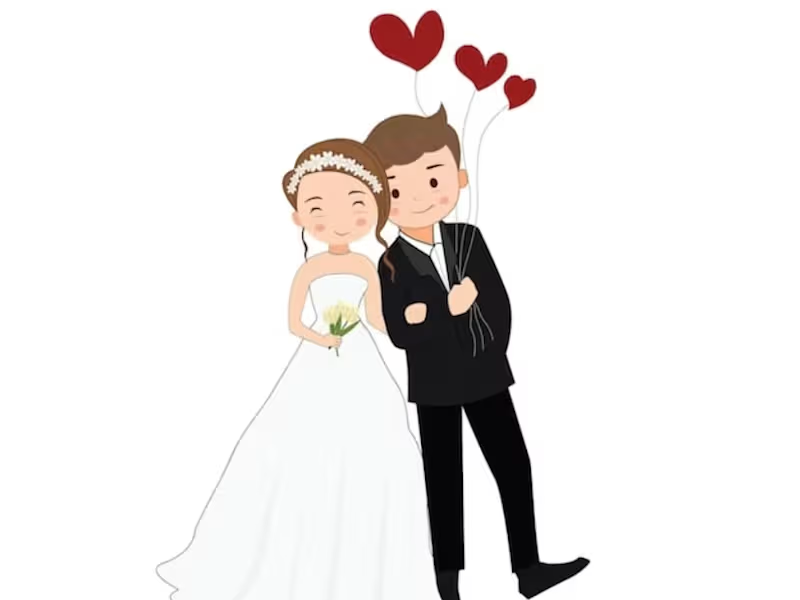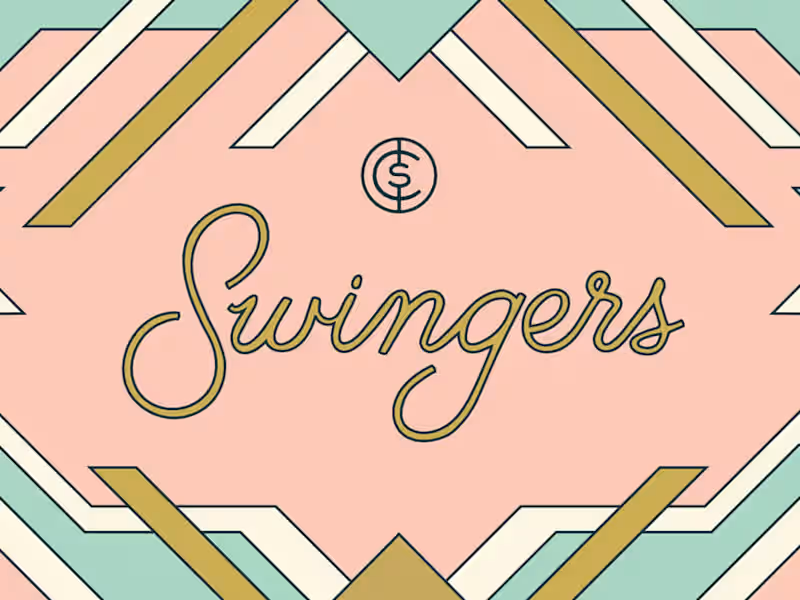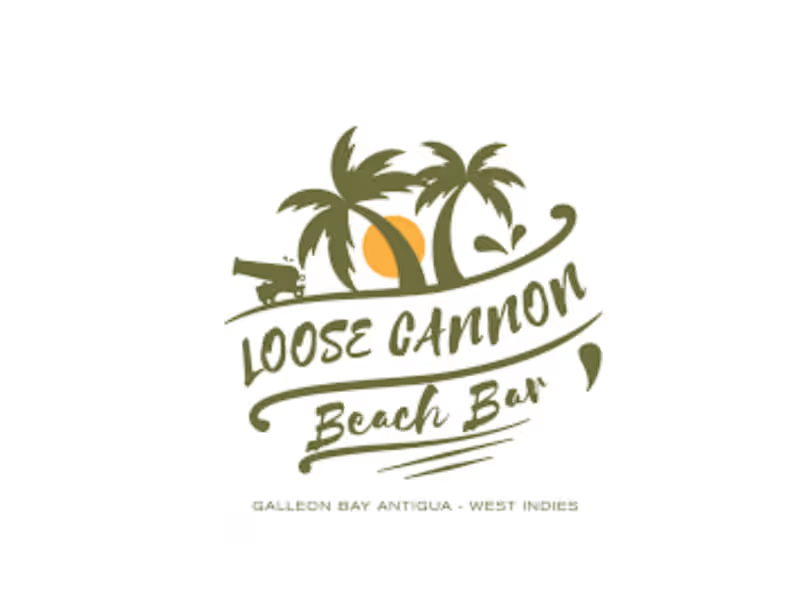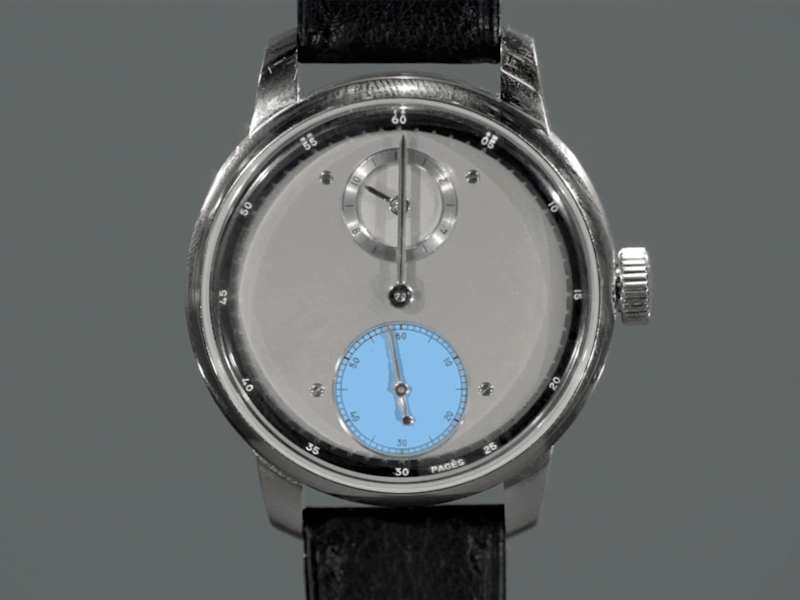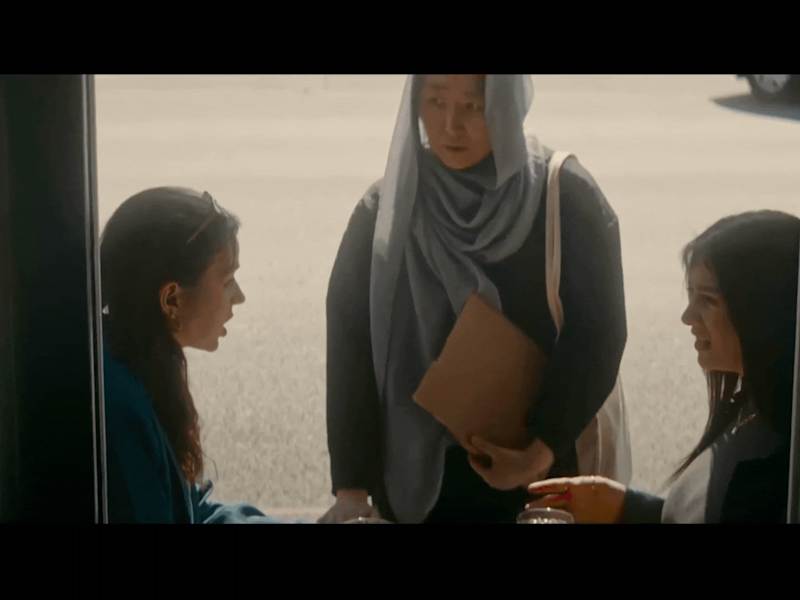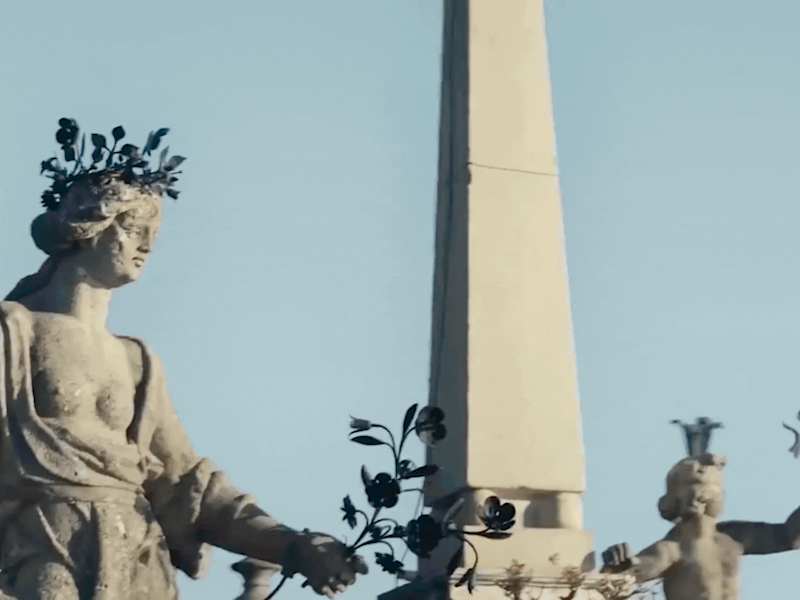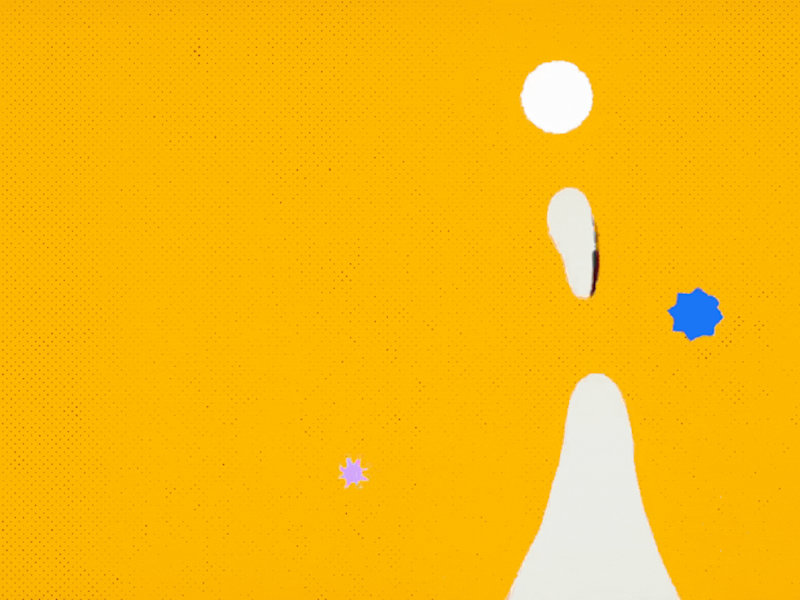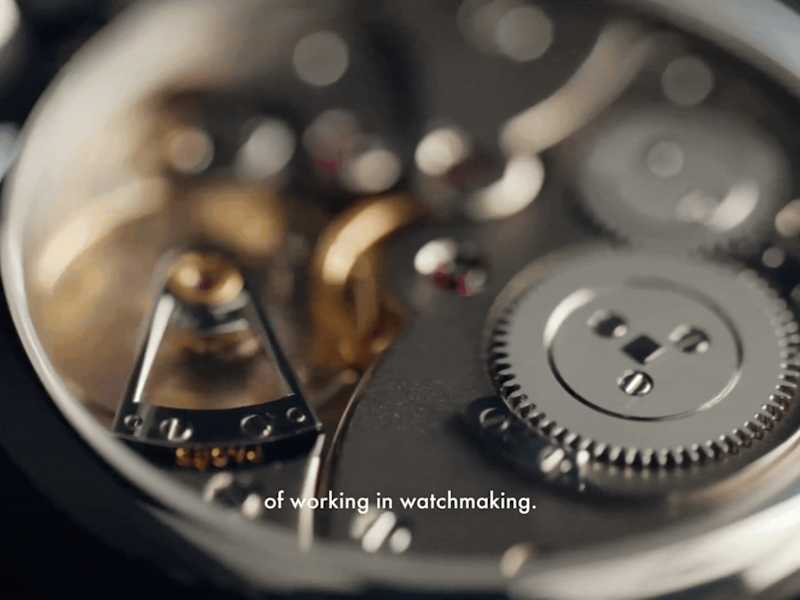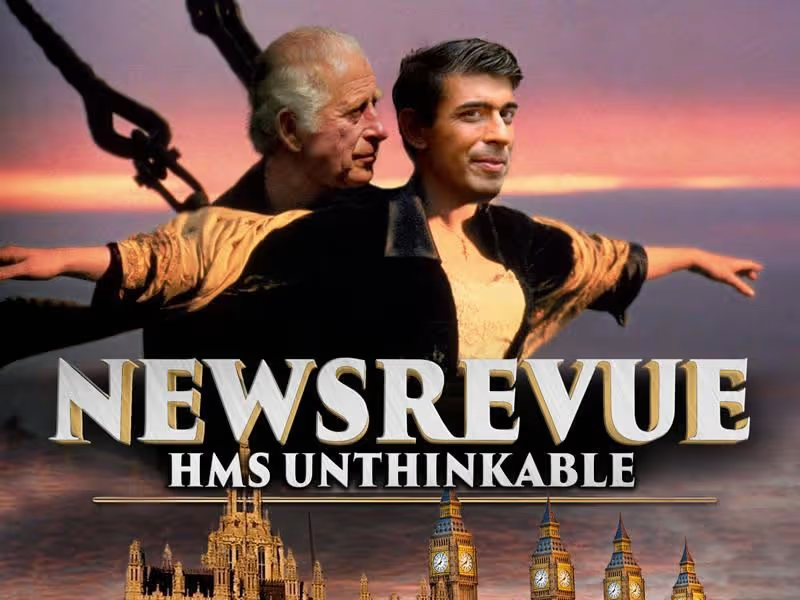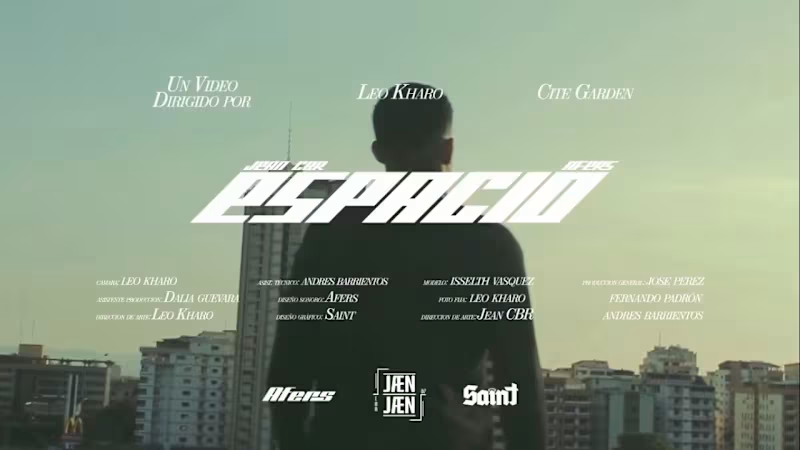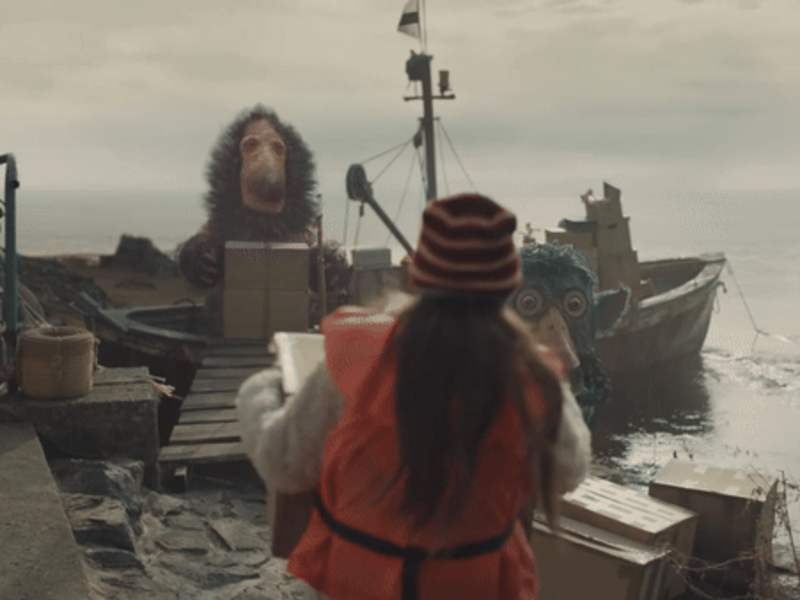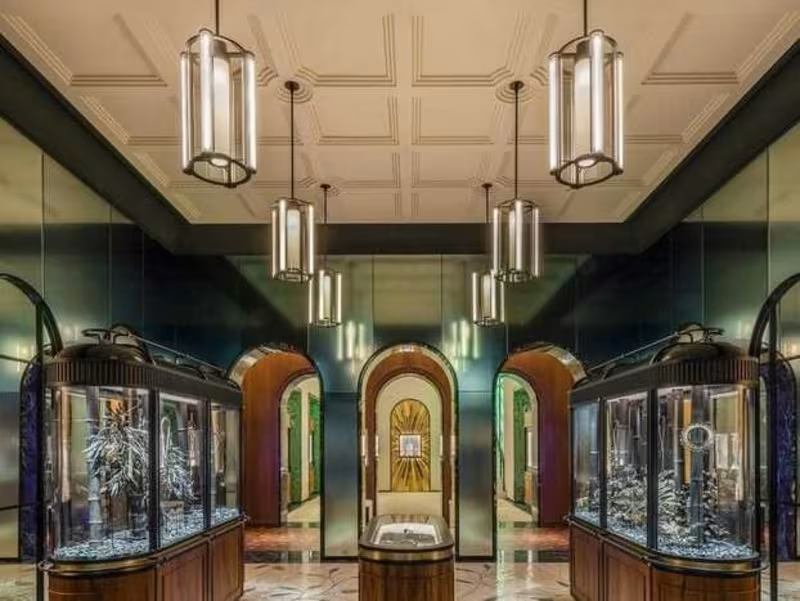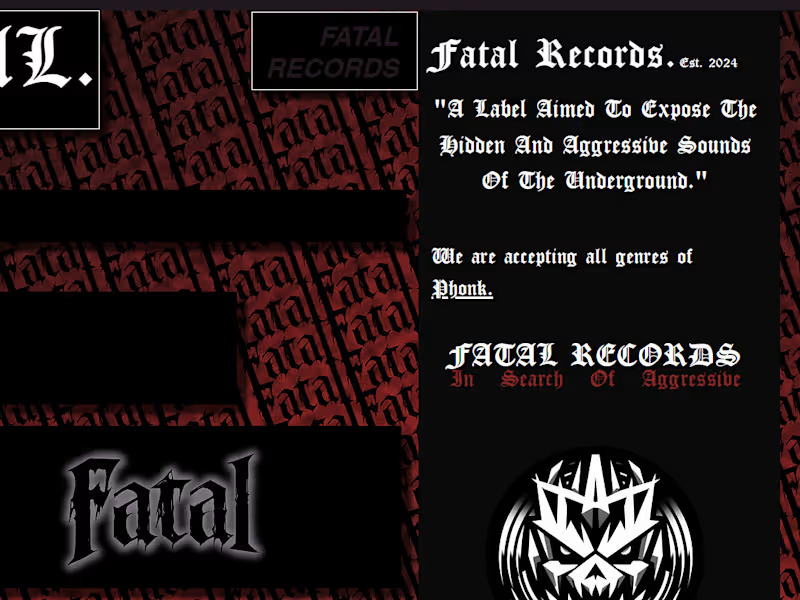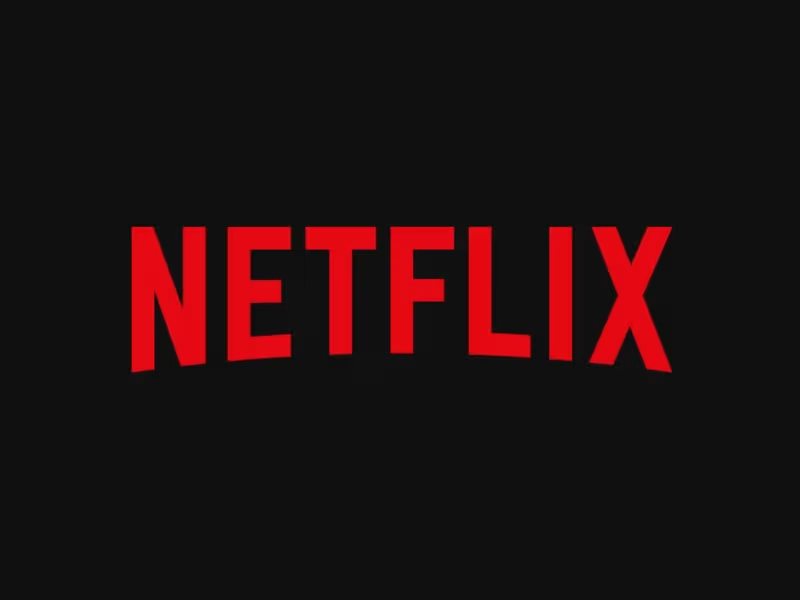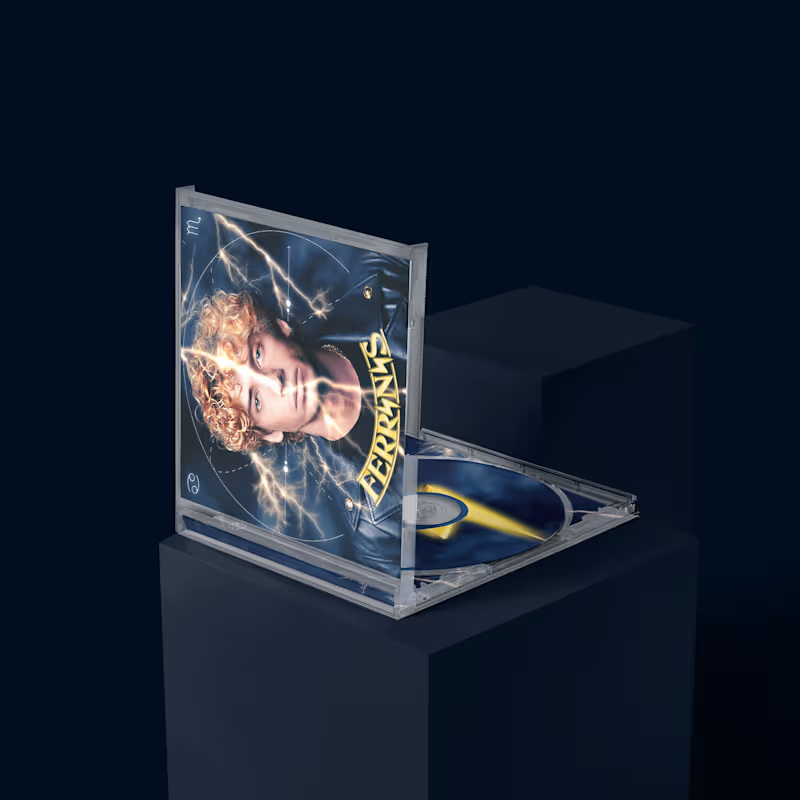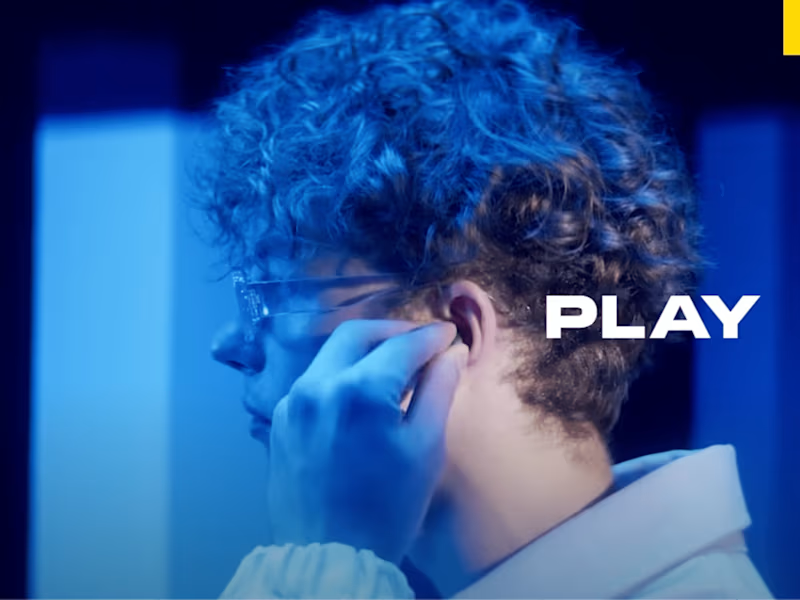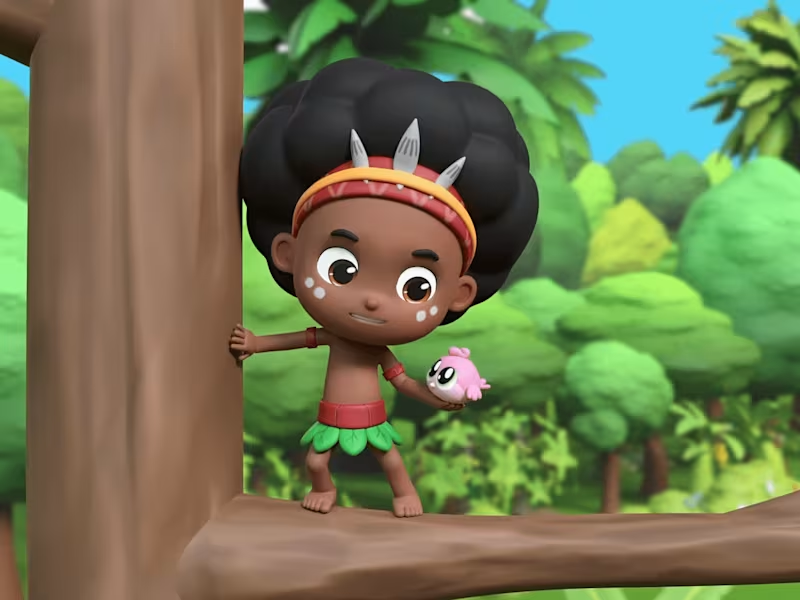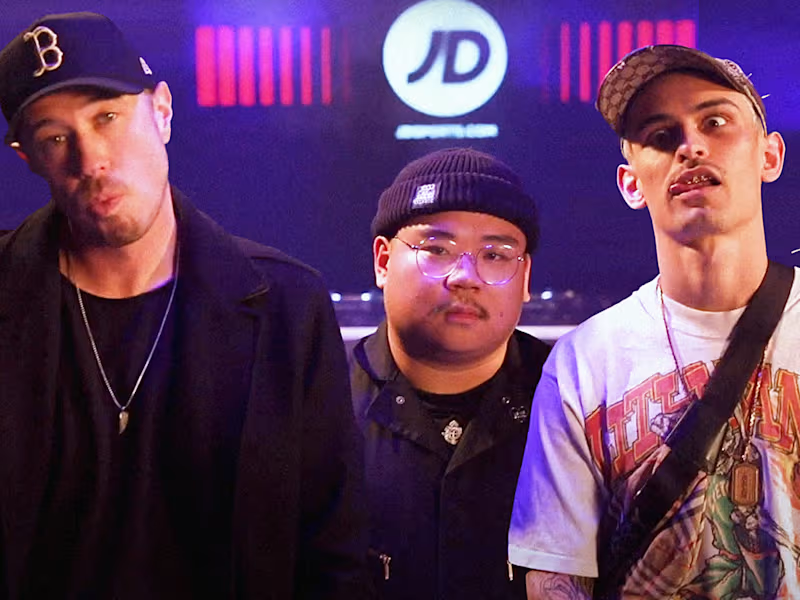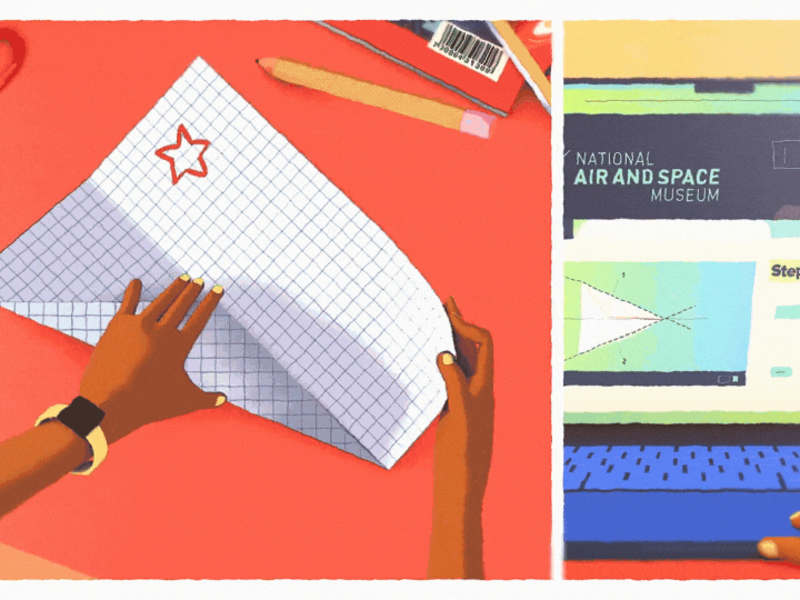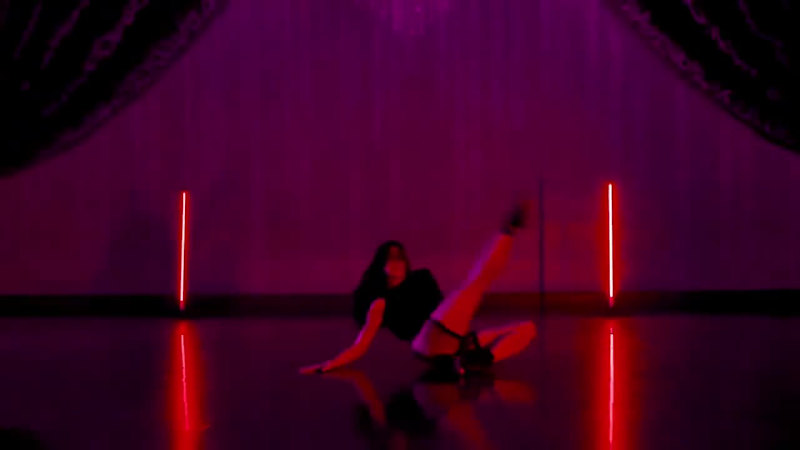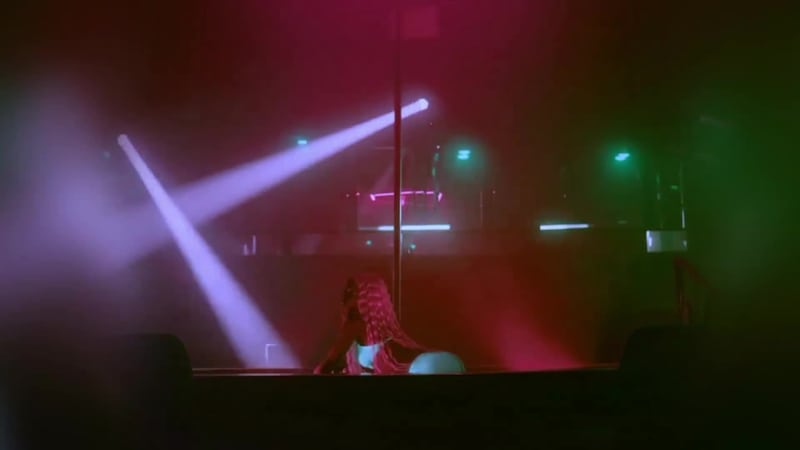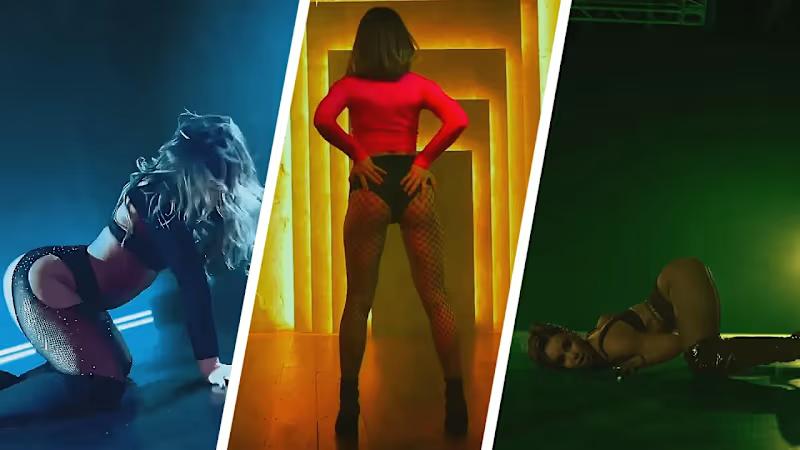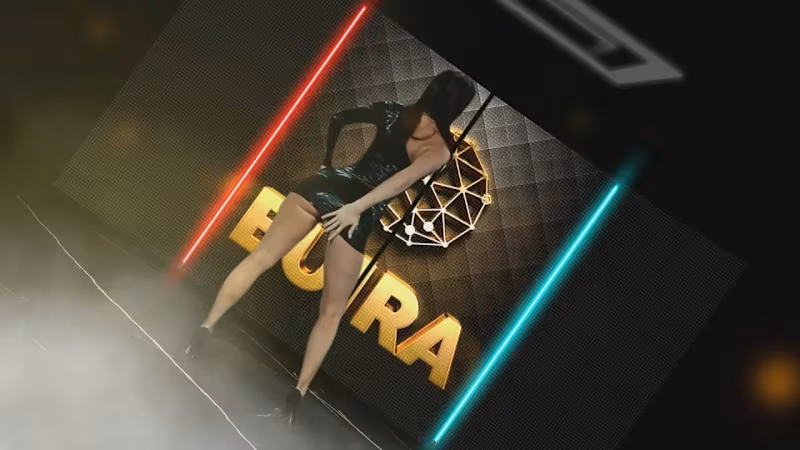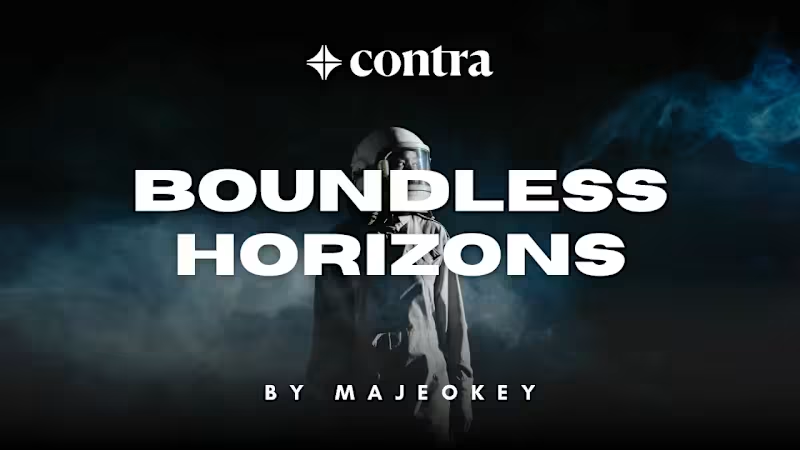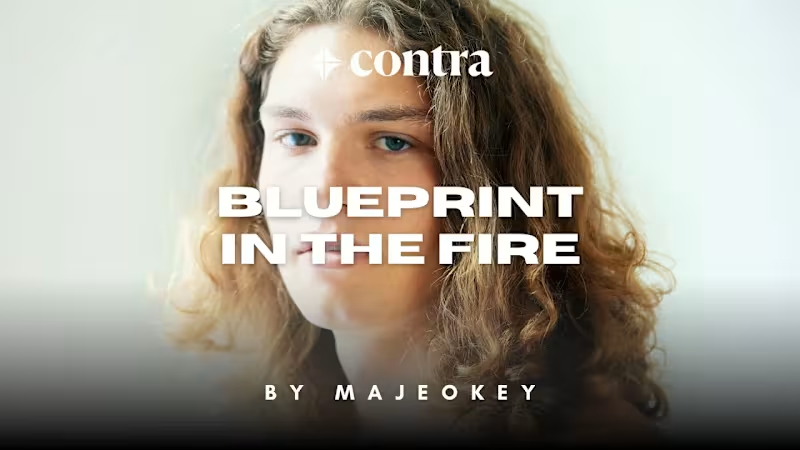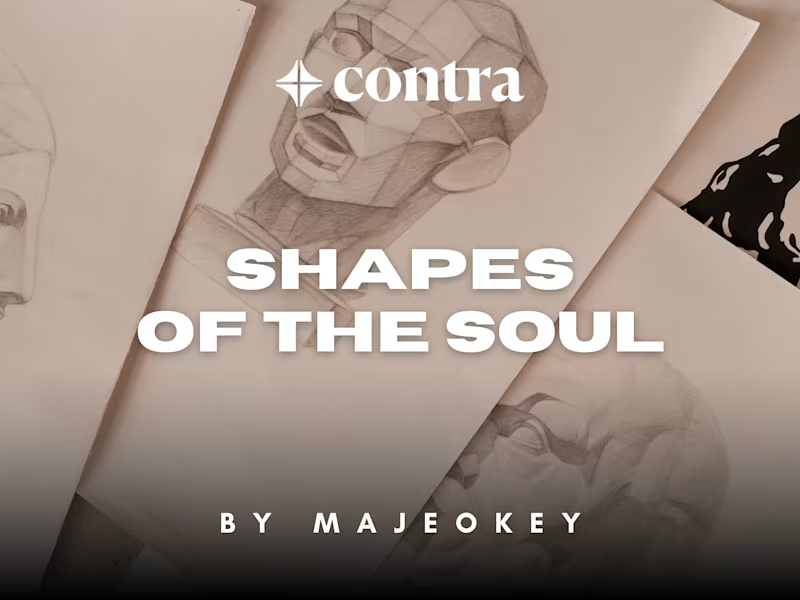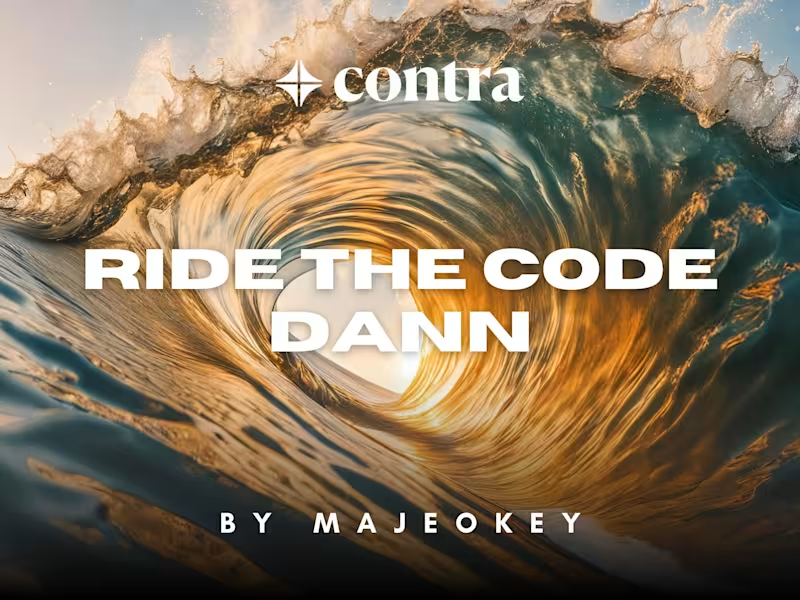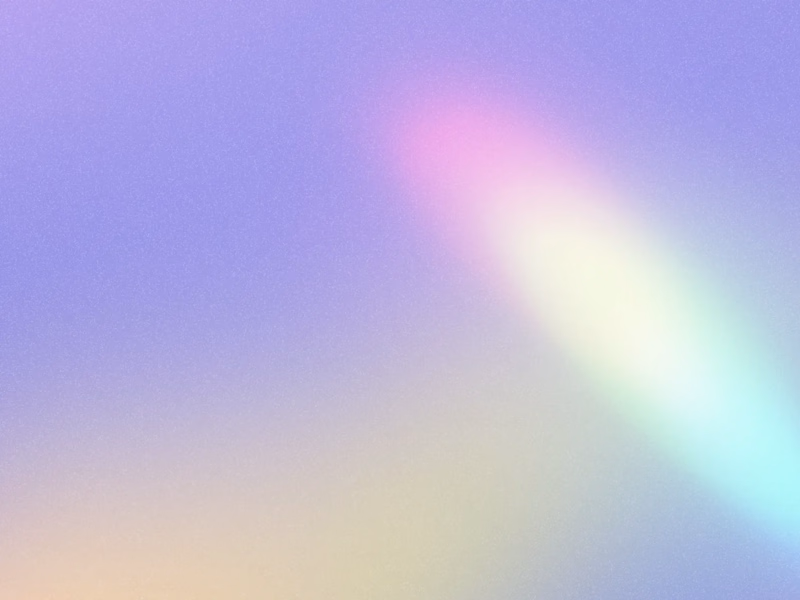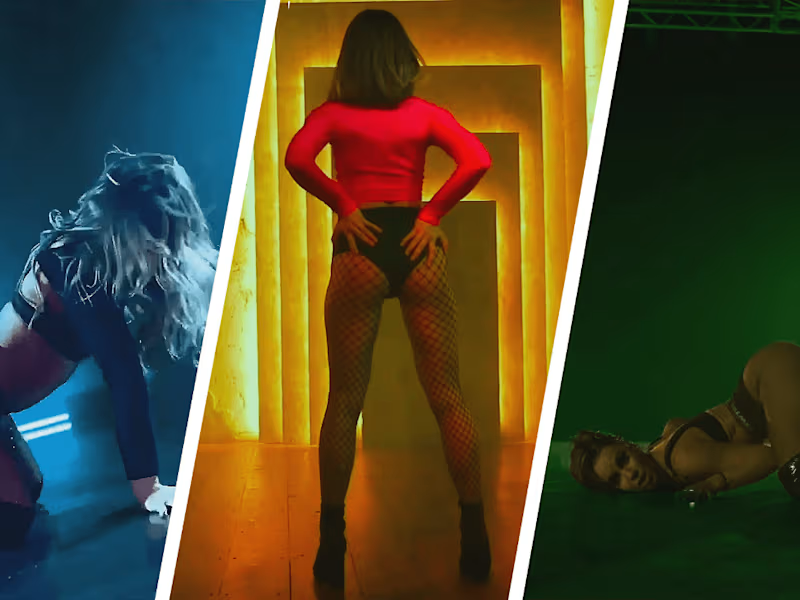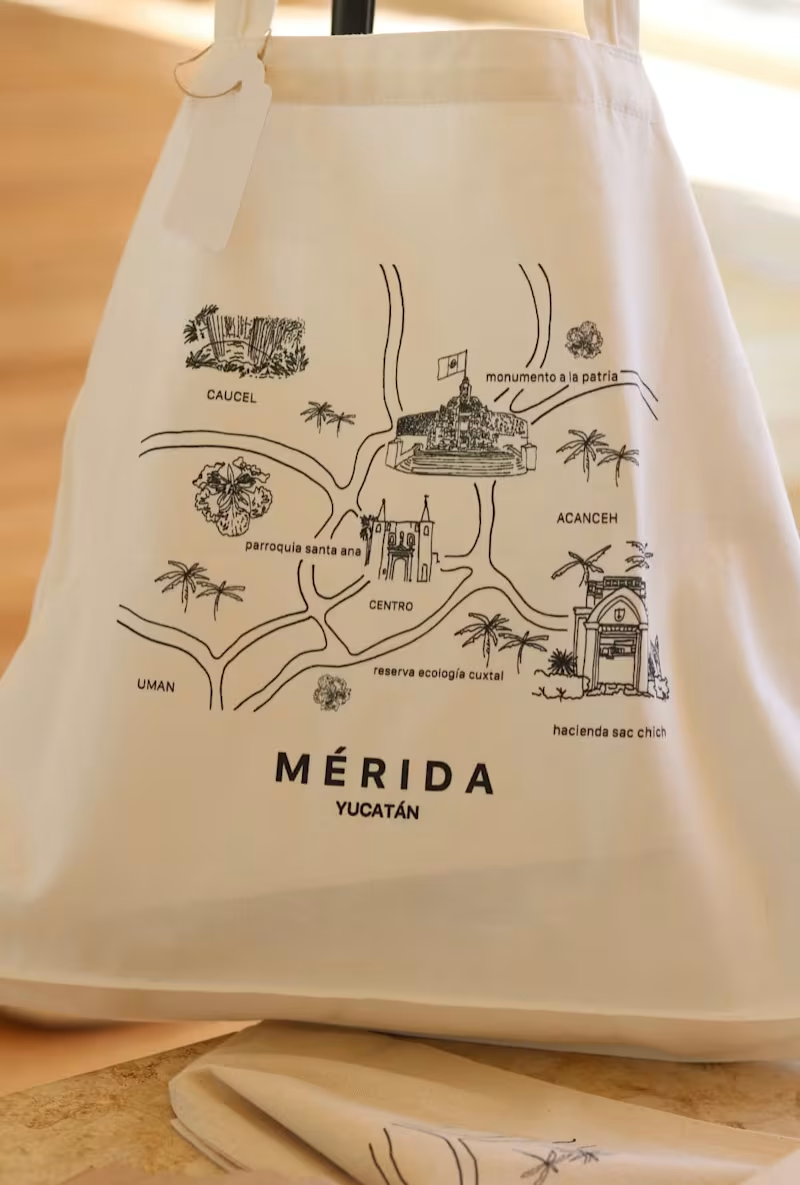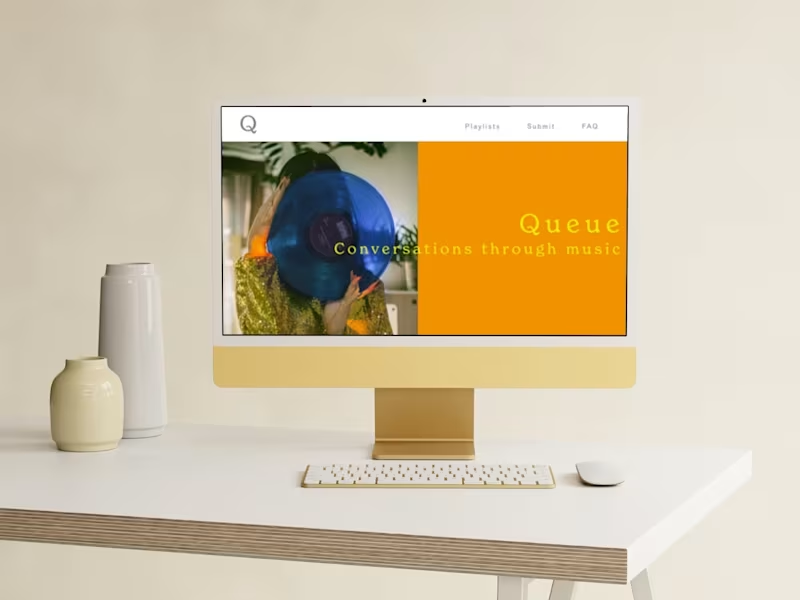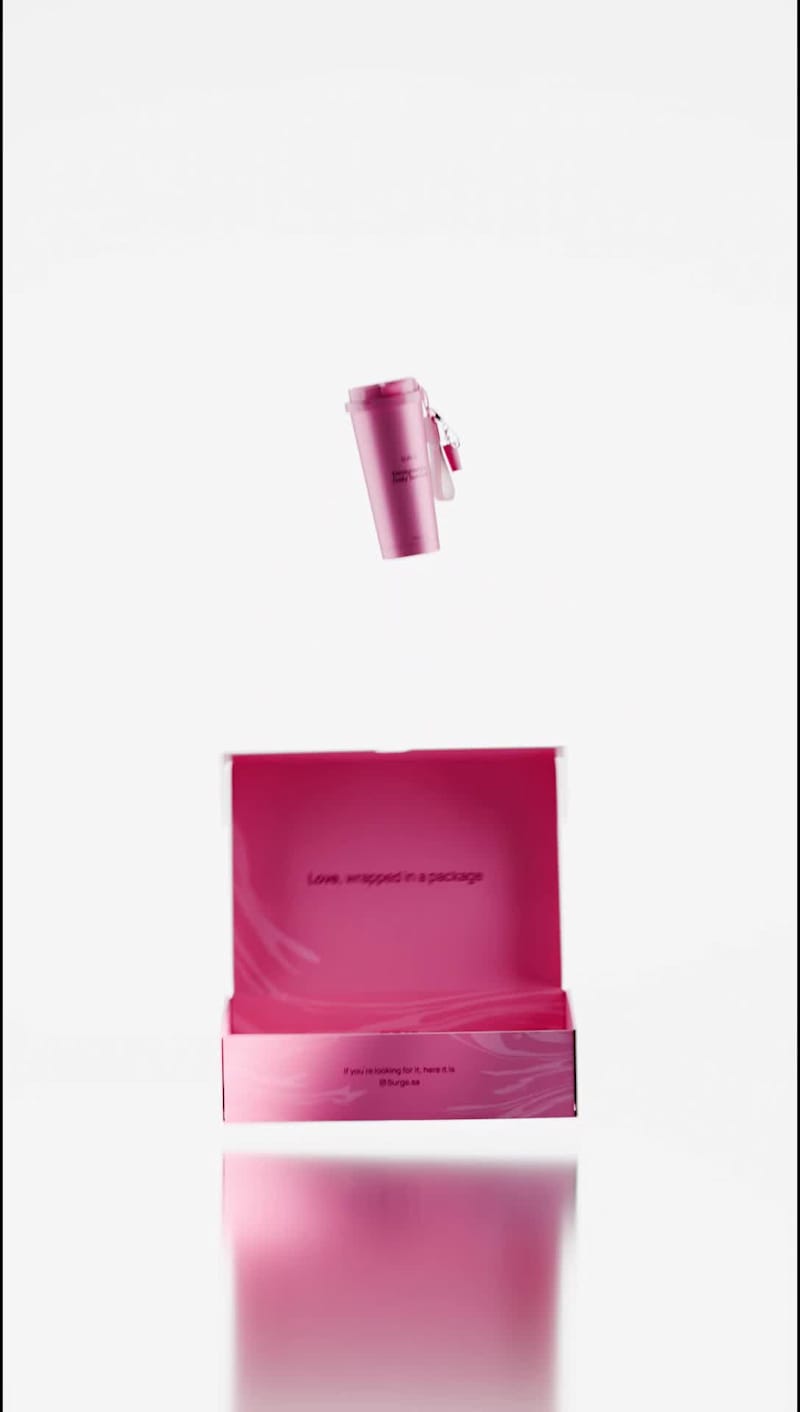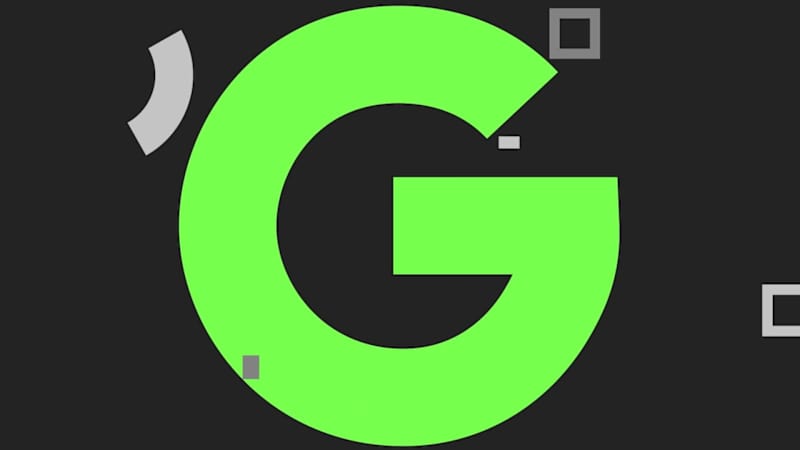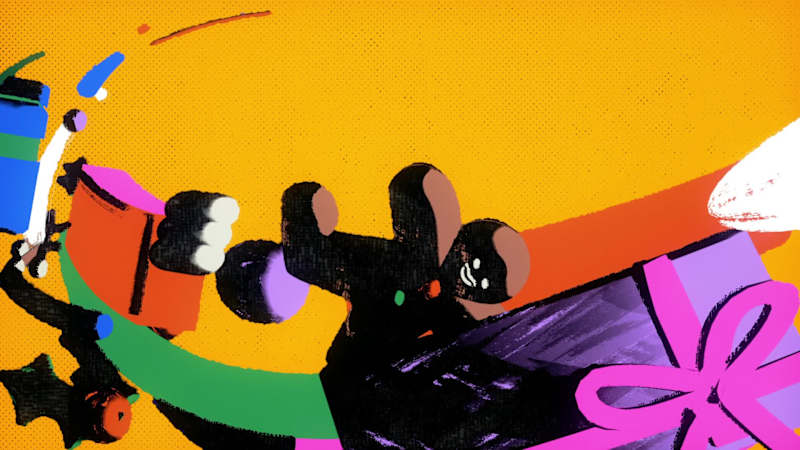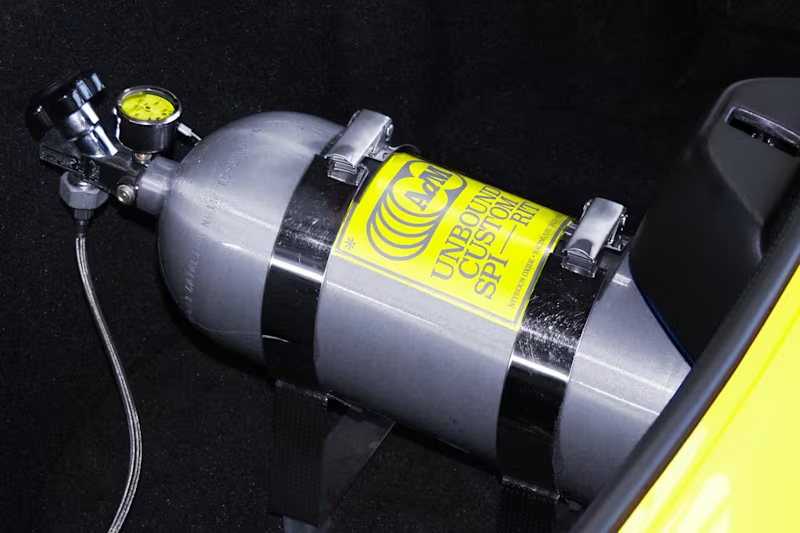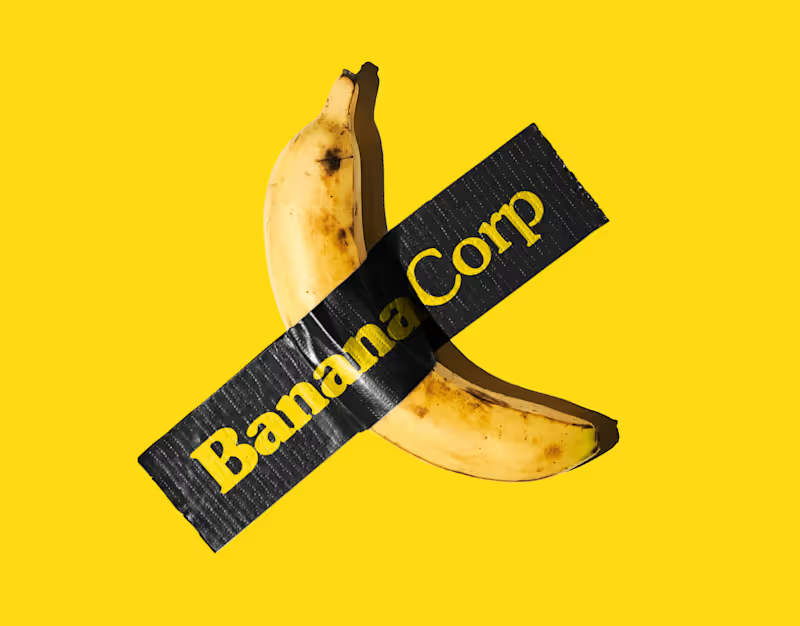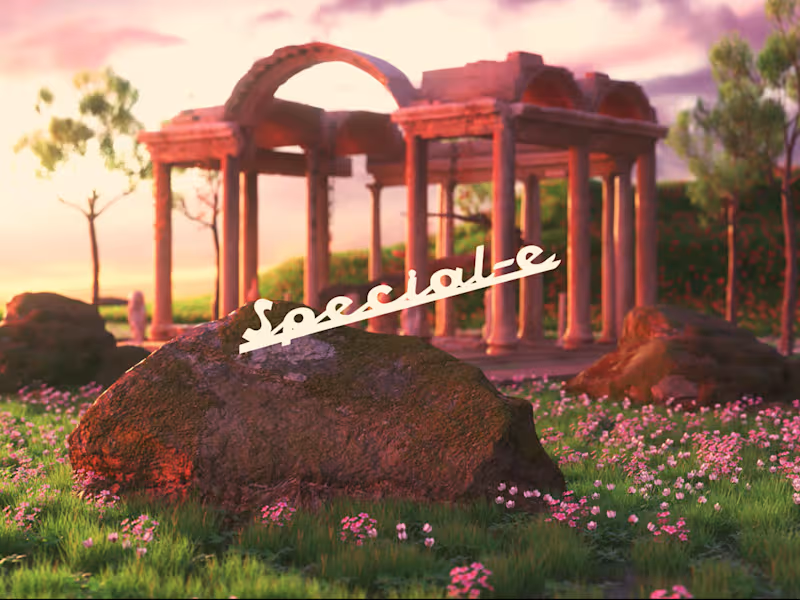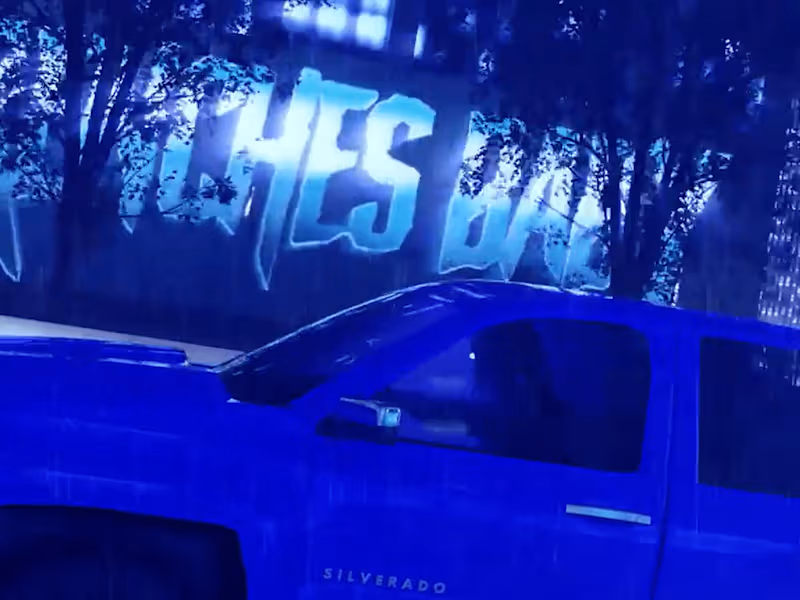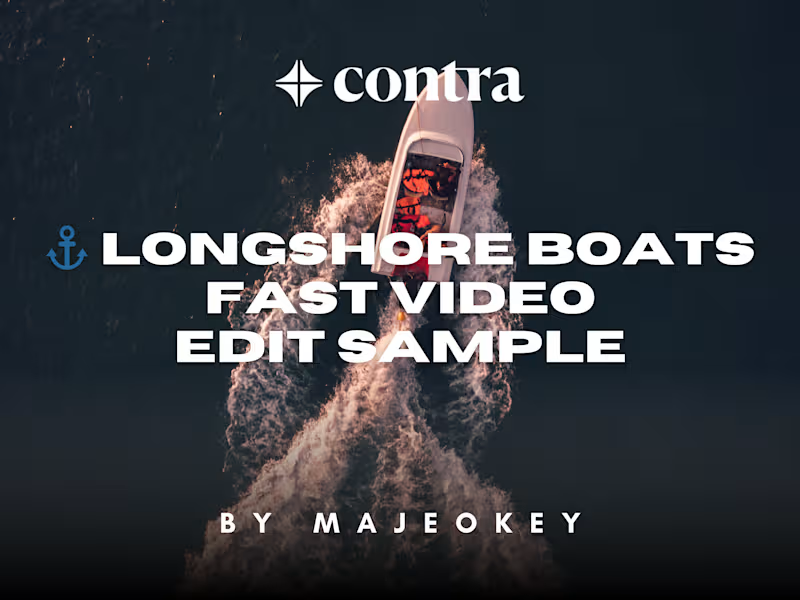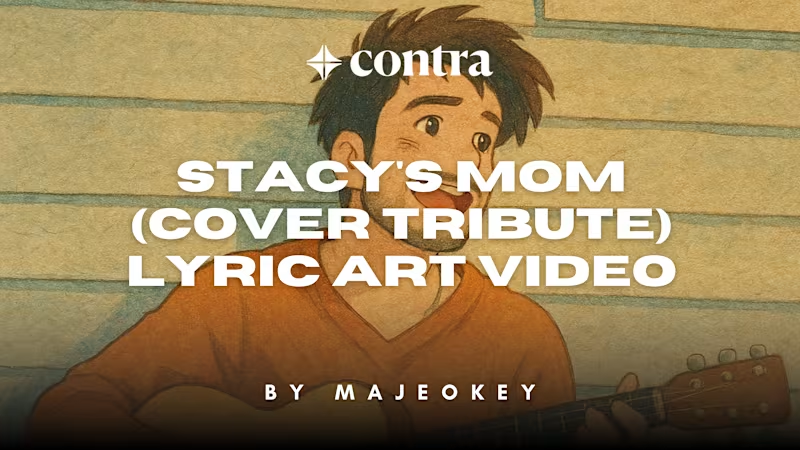What type of music project am I working on?
Think about what you want to create. Are you making a playlist for a party, or needing soundtracks for a video project? Knowing the exact type will help you find a music curator who suits your needs.
Do I need a music curator with experience in a specific music genre?
Consider if the music should match a certain style. For example, is it jazz, pop, or classical? A curator who knows the right genre will bring the best results to your project.
What are the main goals for my music project?
Decide what you want to achieve with your project. Do you want to entertain, inform, or create a particular mood? Clear goals lead to better collaboration with the music curator.
How should the music be delivered to me?
Think about how you want to receive the music files. Is it digital files, streaming playlists, or something else? Agreeing on the delivery method helps avoid confusion.
When do I need the music project completed?
Set clear deadlines for the project. Whether it’s a couple of days or weeks, having a timeline helps the music curator plan their work efficiently.
What tools or platforms should we use for our music project?
Discuss any preferred tools for communication or music sharing. It can be email, cloud storage, or specific software. Consistent tools make the process smoother for both sides.
How will we communicate during the project?
Decide on how often you’ll check in with each other. It can be daily messages or weekly calls. Good communication ensures the music curation stays on track.
What are the expected deliverables for this project?
Outline what you expect the curator to produce, like a certain number of tracks or playlists. Clear deliverables help both you and the music curator understand what success looks like.
How do I envision the curator enhancing the project?
Imagine how a music curator can add value to your project. Do they bring unique music taste, or the ability to mix tracks well? Knowing this helps in choosing the right expert.
Is there a need for future collaboration with the music curator?
Consider if this project might need ongoing updates or changes. If yes, finding a curator open to long-term work can be beneficial. It helps plan ahead for continuous improvement.
Who is Contra for?
Contra is designed for both freelancers (referred to as "independents") and clients. Freelancers can showcase their work, connect with clients, and manage projects commission-free. Clients can discover and hire top freelance talent for their projects.
What is the vision of Contra?
Contra aims to revolutionize the world of work by providing an all-in-one platform that empowers freelancers and clients to connect and collaborate seamlessly, eliminating traditional barriers and commission fees.































